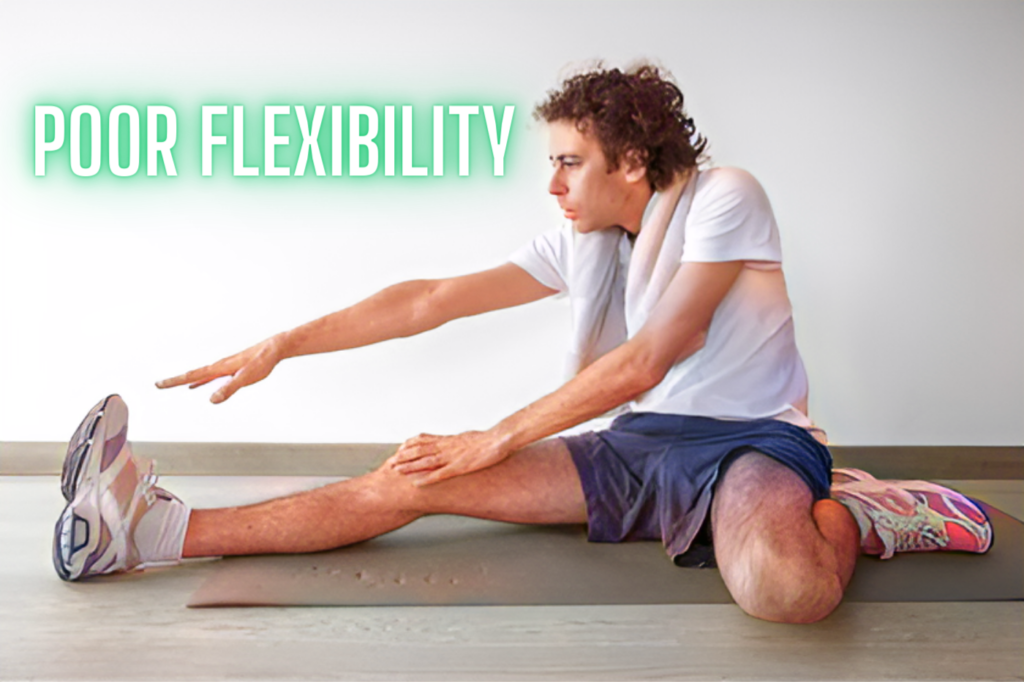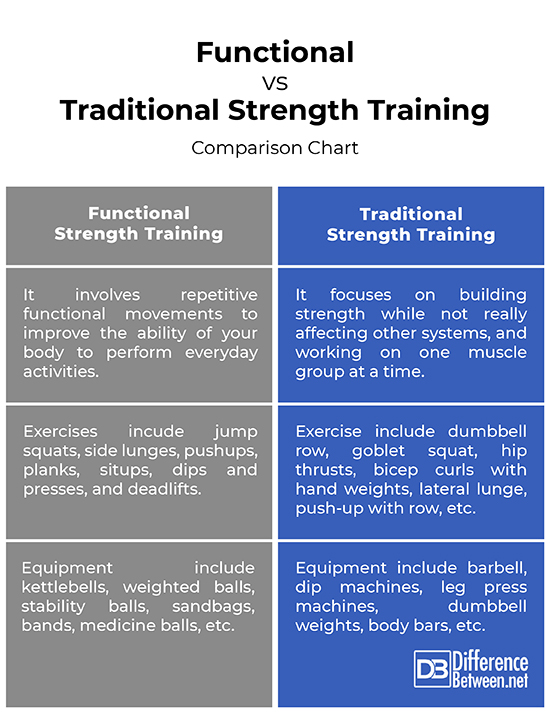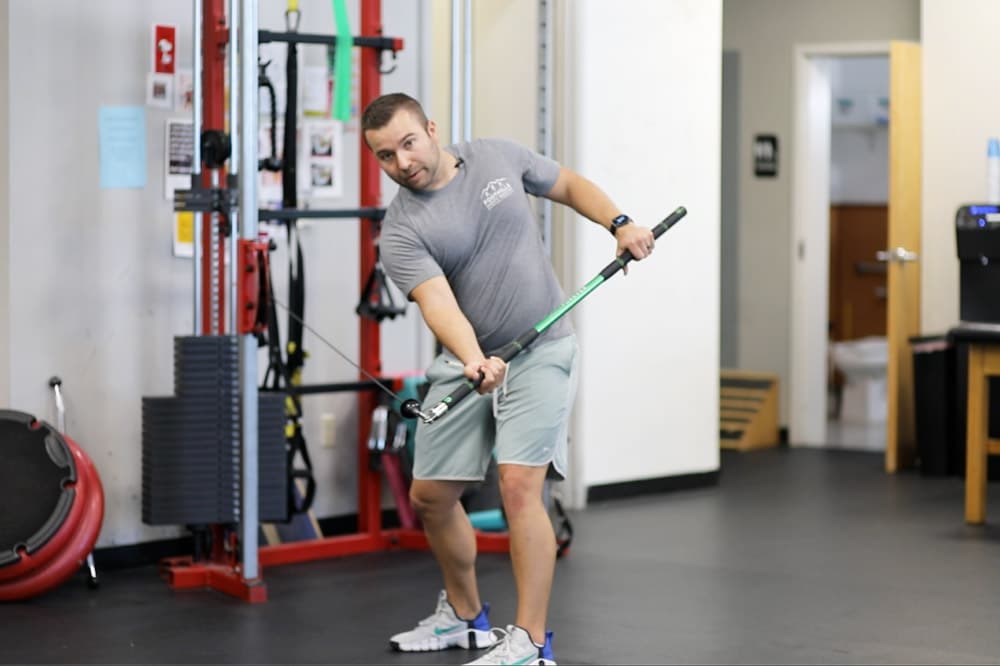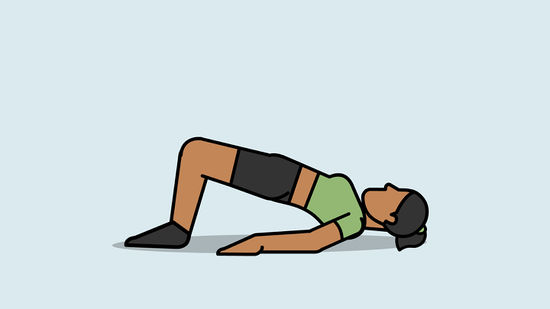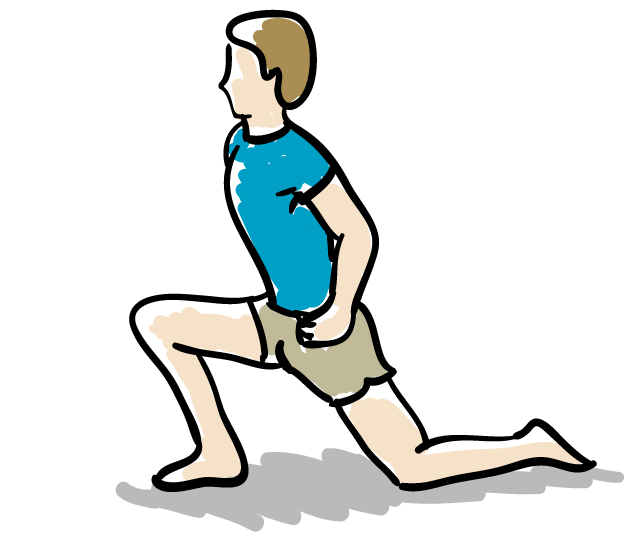Poor flexibility can lead to stiff joints and limited range of motion, making everyday tasks challenging. It can also cause discomfort and increase the risk of injury.
Flexibility is crucial for performing daily activities with ease and efficiency. It allows for smoother and more efficient movement, reducing the strain on muscles and joints. People with poor flexibility often struggle with simple tasks like bending over, reaching for objects, or even walking comfortably.
This stiffness can lead to discomfort, pain, and a higher risk of injuries. Improving flexibility through regular stretching exercises can enhance overall mobility and quality of life. Incorporating flexibility training into your routine can make everyday tasks easier and prevent long-term health issues. Prioritize flexibility to maintain an active and pain-free lifestyle.
The Importance Of Flexibility
Flexibility is a key part of being fit. It helps you move easily. Muscles and joints work better when they are flexible. This means you can bend and stretch without pain. Flexibility makes everyday tasks easier. You can tie your shoes or pick up things without strain.
Good flexibility helps prevent injuries. It keeps your muscles and joints healthy. Stretching can make you feel more relaxed. Flexible people often have better posture. They can sit and stand up straight without much effort. Flexibility also improves balance and coordination. These are important for activities like dancing or playing sports.
Flexibility And Age
As people age, their muscles can become stiffer. Joints may lose their full range of motion. This can make everyday tasks harder. Older adults might struggle with simple actions. Bending down or reaching high shelves can be tough.
Keeping flexible is important. It helps people stay active and independent. Exercises like stretching can help. Yoga and pilates are good choices. These activities keep muscles and joints healthy.
Staying flexible needs regular effort. Daily stretching is key. Even a few minutes can make a big difference. Warm up the body before starting. This helps prevent injuries.
Balanced nutrition is also important. Foods rich in vitamins support muscle health. Drinking enough water keeps tissues hydrated. A healthy lifestyle supports flexibility.
Everyday Movements And Flexibility
Tying shoelaces needs bending and stretching. Reaching for items on high shelves involves stretching. Getting out of bed smoothly requires good flexibility. Sitting in a chair comfortably needs flexible joints. Picking up objects from the floor involves bending. Simple tasks like these become harder without flexibility.
Poor flexibility makes bending difficult. Stretching can be painful. Reaching high places becomes challenging. Simple movements can cause discomfort. Sitting for long periods may result in stiffness. Getting out of bed can be a struggle. Picking up objects can lead to injury. Everyday tasks become frustrating and tiring.
The Impact On Physical Health
Poor flexibility can lead to muscle strains. Joints become less mobile and more rigid. This makes simple movements harder and can cause injuries. Stretching daily can reduce these risks significantly. Keeping muscles flexible is important for safety.
Poor flexibility can cause chronic pain. Muscles and joints feel stiff and sore. This discomfort can make daily tasks difficult. Bending over, reaching high shelves, or even walking becomes painful. Regular stretching can help reduce this pain.
Mental And Emotional Consequences
Poor flexibility can cause muscles to feel tight. This tightness leads to physical discomfort. As a result, stress and tension can build up in the body. Feeling uncomfortable makes daily tasks harder. Constant discomfort can also make it hard to relax. This stress adds to overall tension in your mind and body.
Tight muscles can affect your mood. It’s hard to stay cheerful when in pain. Constant discomfort can lead to frustration. This frustration can impact mental well-being. Feeling limited by your body can also cause sadness. Over time, poor flexibility can lead to feelings of helplessness.
:max_bytes(150000):strip_icc()/the-importance-of-keeping-a-routine-during-stressful-times-4802638_final-1f54d98648bd4fc1a6830e9a607493ac.png)
Credit: www.verywellmind.com
Poor Flexibility And Lifestyle Limitations
Poor flexibility can limit movements in daily activities. Reaching for high shelves becomes hard. Bending down to tie shoelaces feels difficult. Stiff muscles can cause pain while walking or running. Simple tasks like sitting or standing up take more time. This can lead to frustration and decreased productivity. Physical exercise routines become challenging to follow. Maintaining a healthy lifestyle becomes harder. Flexibility is key to performing daily tasks with ease. Regular stretching can improve flexibility over time.
Poor flexibility can limit social interactions. Playing sports or games with friends becomes hard. Activities like dancing or hiking feel difficult. Joining social events can cause anxiety due to physical limitations. This can lead to isolation and loneliness. Enjoying recreational activities becomes a challenge. Poor flexibility can impact overall happiness. Stretching exercises can help improve social life. Staying active is important for mental well-being.
The Workplace And Flexibility
Poor flexibility can cause stiffness in your muscles. This stiffness makes it hard to sit comfortably. Shifting positions often becomes necessary. This can disrupt your work focus. Stiff muscles can lead to back pain. This pain can distract you from important tasks. Stretching can help, but only temporarily. Long periods of sitting need regular movement breaks.
Muscles and joints can suffer from poor flexibility. Common issues include neck pain and shoulder pain. These problems can make typing and writing difficult. Repetitive strain injuries may develop over time. These injuries can reduce your productivity. Regular stretching and exercise can prevent these problems. Ergonomic furniture can also be helpful.
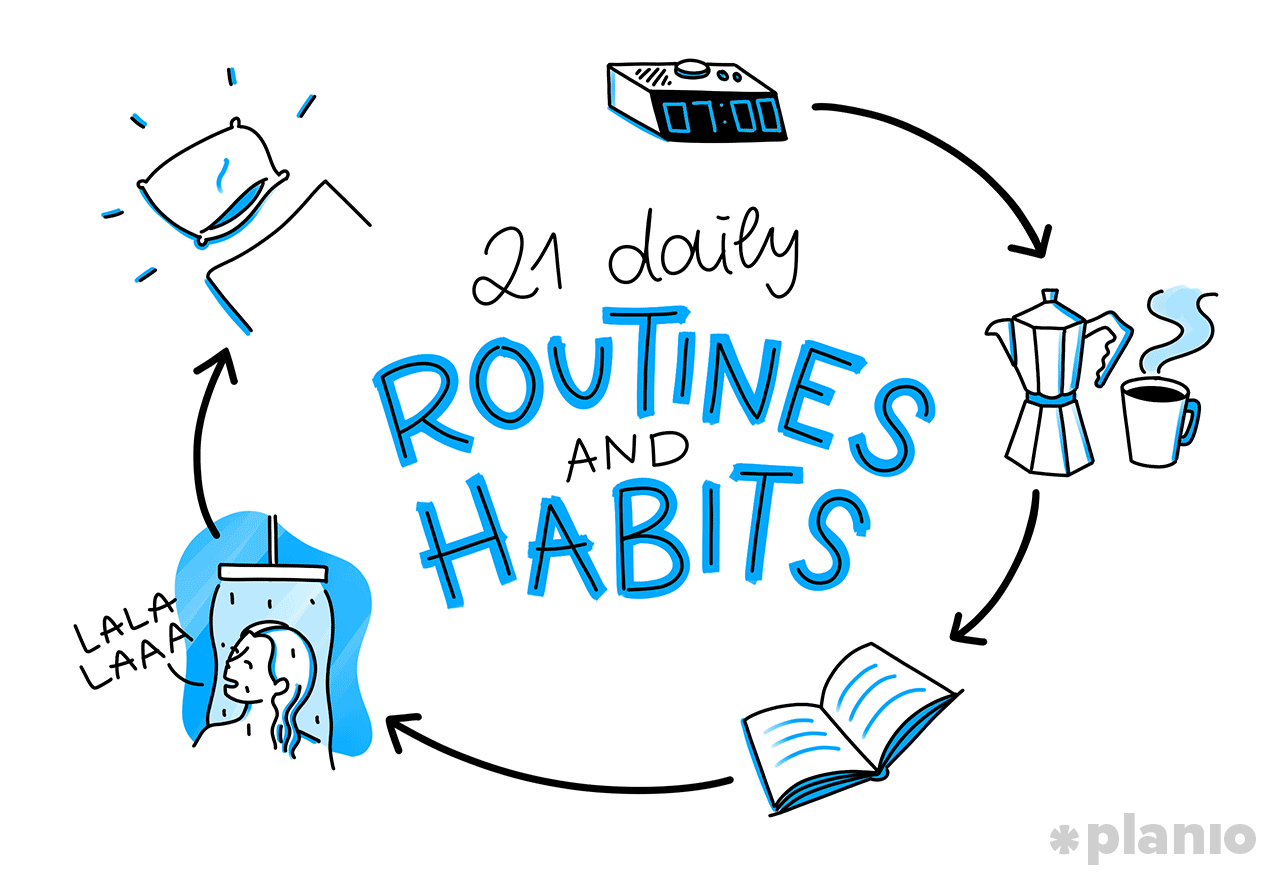
Credit: plan.io
Improving Flexibility
Stretching can improve your flexibility. Try to stretch your muscles slowly and gently. Hold each stretch for at least 15 seconds. Remember to breathe deeply during each stretch. Never push your body too hard. Focus on areas that feel tight.
Include flexibility exercises in your daily routine. Stretch in the morning to start your day. You can also stretch before bed to relax. Find small moments during the day to stretch. For example, stretch while watching TV or during work breaks.
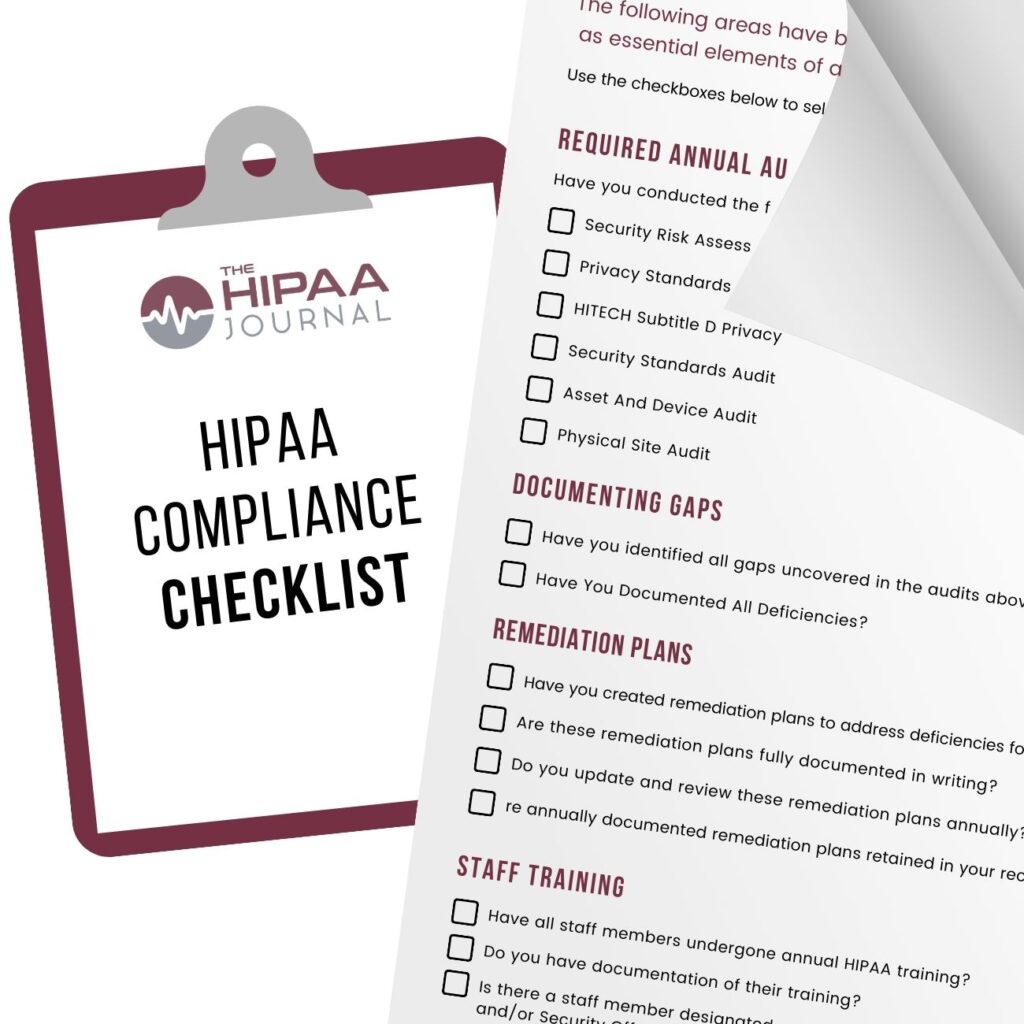
Credit: www.hipaajournal.com
Frequently Asked Questions
What Are The Consequences Of Poor Flexibility?
Poor flexibility can lead to muscle stiffness, joint pain, and increased injury risk. It may also reduce athletic performance.
How Poor Flexibility Can Make Daily Tasks More Difficult Brainly?
Poor flexibility limits movement, making daily tasks like bending, lifting, and reaching challenging. This can lead to discomfort and injury. Improving flexibility enhances mobility and overall quality of life. Regular stretching exercises can help maintain and improve flexibility.
Is Flexibility Important When Performing Daily Tasks?
Yes, flexibility is crucial for daily tasks. It helps prevent injuries and enhances mobility, making activities easier and more efficient.
What Happens When A Student Has A Poor Level Of Flexibility?
Poor flexibility can lead to limited range of motion, increased injury risk, and reduced athletic performance. It may also cause muscle imbalances and joint stiffness, affecting daily activities. Regular stretching and flexibility exercises can help improve flexibility and overall well-being.
Conclusion
Poor flexibility can significantly impact daily tasks. Simple actions like bending or reaching become challenging. Improving flexibility enhances mobility and reduces discomfort. Regular stretching exercises can make a big difference. Prioritize flexibility to improve your quality of life and ease in daily activities.

